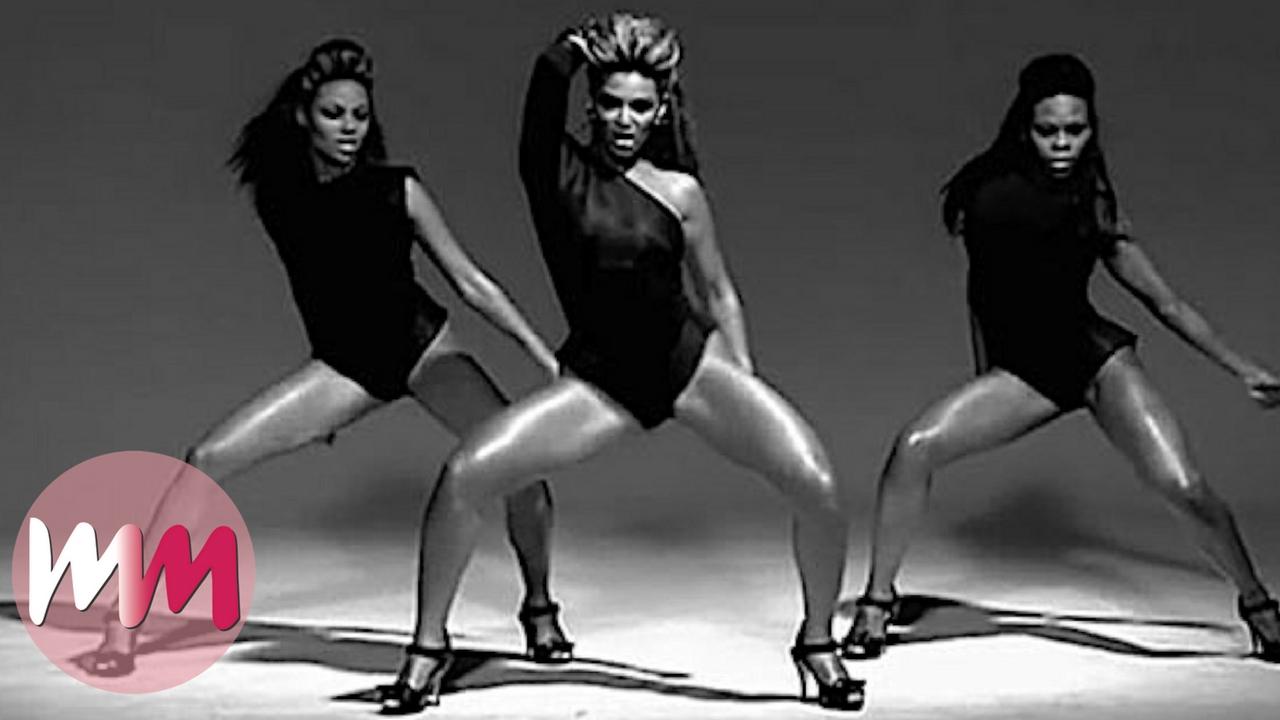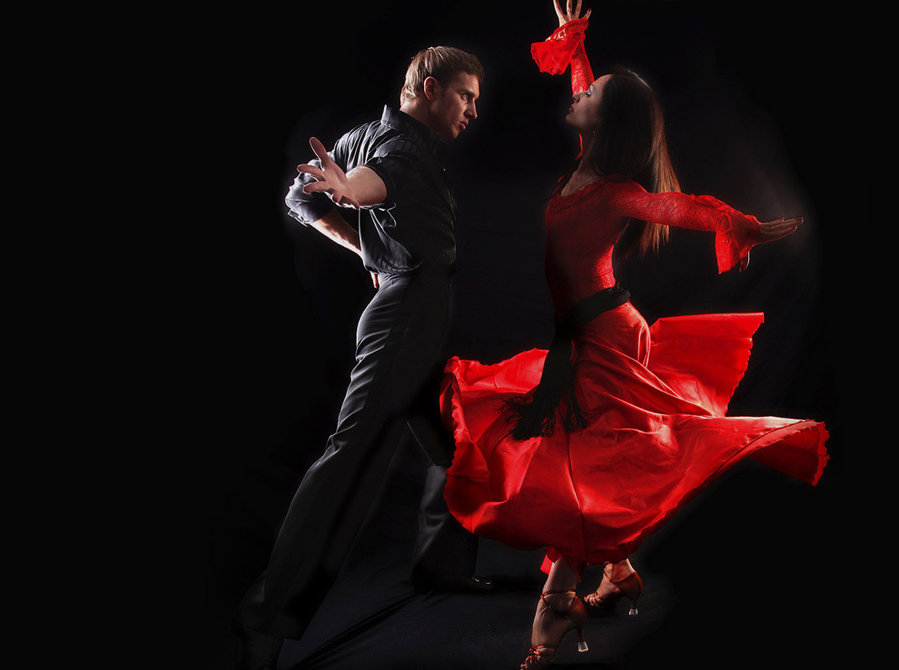

The workshops are not theoretical and the dancers are moving in the dance floor working on the different exercises all throughout the class. Throughout the different courses, dancers of all levels can improve their musicality while dancing tango, being the first level course the best first tango class a dancer could take before starting to learn steps and figures. It allows the dancers to learn and incorporate to their dance all the different rhythmic units of tango music, from the simplest to the most complicated ones using a simple dancer's vocabulary. In simple words, musicality is how much you can hear. His method doesn't use any technical musical language at all. Before the counting system, the choreographies, and the steps, what a dancer MUST master is Musicality. He has combined both disciplines and created an absolutely unique and practical method for teaching tango music to dancers without musical education. Musicality and Genomics, academic symposium 2019.Joaquín Amenábar plays Bandoneón as a soloist as well as with his tango orchestra "Orquesta Típica de la Guardia Vieja".Understanding Musicality, academic symposium 2012.AABA: The Map to Swing Music ( Rusty Frank) This course is for dancers of all levels wanting to have a better understanding of the music and its relationship with the dance. Examining the synchronization between music and dance entails looking at the onset or continuous action of an event at the same time as another (Brick and Boker, 2011, p.^ " Colwyn Trevarthen - Human Nature and Early Experience",." To Sing and Dance Together", On Being Moved: From Mirror Neurons to Empathy. ^ Schogler, Ben and Trevarthen, Colwyn.^ " Why attachment matters in sharing meaning - Colwyn Trevarthen", . The connections that these dancers construct between music, self, and partner make evident an engagement with musicality that can be seen through their.

Philosophical Transactions of the Royal Society B: Biological Sciences. "Without it no music: Cognition, biology and evolution of musicality". Annals of the New York Academy of Sciences. "Without it no music: Beat induction as a fundamental musical trait". 1 day ago &0183 &32 The Political parties are going full-throttle with campaigning for Meghalaya assembly polls with music, song, and dance to woo voters for the assembly polls. "Cognition and the Evolution of Music: Pitfalls and Prospects".

Two types of musicality may be differentiated: to be able to perceive music (musical receptivity) and to be able to reproduce music in addition to creating music (musical creativity). A person considered musical has the ability to perceive and reproduce differences in aspects of music including pitch, rhythm, and harmony (see: ear training). In the company of two or more musicians, there is the added experience of the ensemble effect in which the players express something greater than the sum of their individual parts. Judges of contest music may describe a performance as bringing the music on the page to life of expressing more than the mere faithful reproduction of pitches, rhythms, and composer dynamic markings. These definitions are somewhat hampered by the difficulty of defining music, but, colloquially, "music" is often contrasted with noise and randomness. Musicality ( music -al -ity) is "sensitivity to, knowledge of, or talent for music" or "the quality or state of being musical", and is used to refer to specific if vaguely defined qualities in pieces and/or genres of music, such as melodiousness and harmoniousness.


 0 kommentar(er)
0 kommentar(er)
